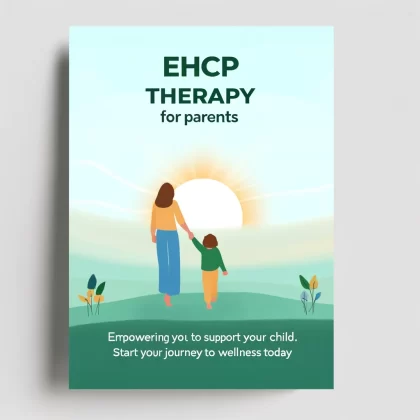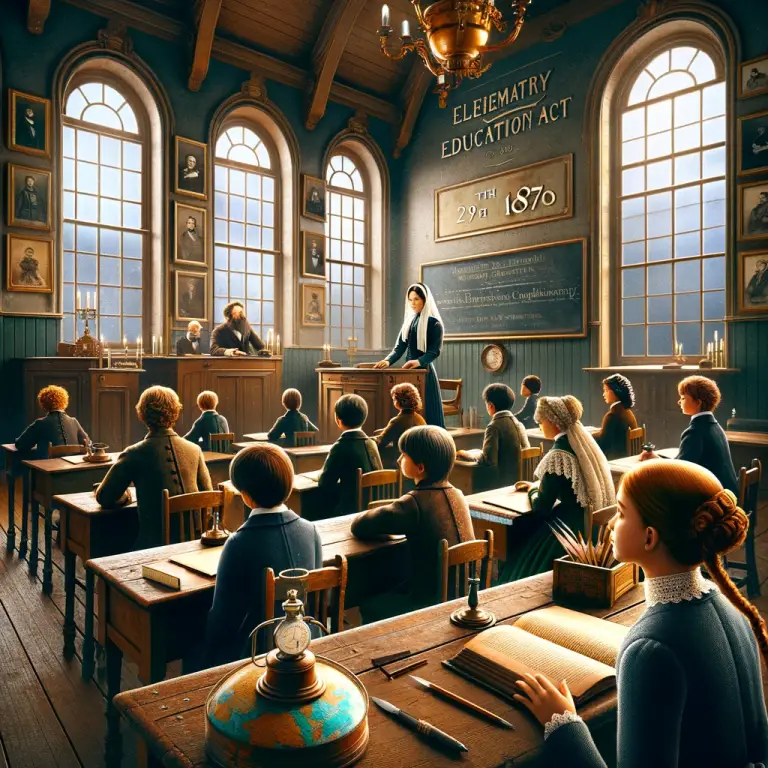EDUCATION during the Thatcher Years
It was also Thatcher, who helped raise the School leaving age to 16 implemented in 1972 when Thatcher was serving in education.
1972 White Paper ‘Education: A Framework for Expansion’
Bullock report 1975
- Language and learning, this was a first of its kind going into great detail and stating the dissatisfaction with standards in English. Opposing views on teaching and identifying needs.
- Definitions of literacy, adult illiteracy, influences of TV, comparisons pre-war, and with other countries, social class, limitations of Watts Vernon and NS6 tests. Reading standards of 7-year-olds, 11yr old, 15-year-old.
- Samples surveys suggestions about monitoring.
- Learning & Language in the early years:
- How reading should be taught, giving the definition of reading.
- Primary skills, letter, and word perception, letter and phoneme sequence, comprehension, evaluation
James Report accepted in-service training for teachers
Free Nursery education ages 3-4 1973 white paper turning point in social history
Increase number of teachers by 10% above the required to maintain existing size
Warnock Report on Special Educational Needs
Statementing legislation from the concept of the report
Technical Vocational Curriculum developed
University changes
Someone introduced student loans
The research assessment exercise 1986 gave government support with research outcomes.
Saved the Open University
Transparency and accountability, tuition fees changed
Full tuition fees for international students in 1981
1986 Education Act –
Extended financial management to all schools.
1979 Education Act
Gave LEA’s Local Education Authorities ability to keep Grammar schools.
1980 Education Act
Assisted places scheme “enabling talented children from poorer backgrounds to go to private schools,”
1981 Education Act
Right to choose a school Parental preferences, which school a child went to
1988 Education Reform Act
CTCs city technology colleges financed by private and the government could select their intake and bypass local authority monitoring as they were directly accountable to the Education Secretary. Technological skills were at the centre of those.
1988 – led to grant-maintained schools sharing some CTCs methods, right to freedom from a local authority and right to use a selection. “independent state schools”
Introduced first entitlement to the statutory broad, balanced curriculum.
National Curriculum 3 core subjects Maths, English Science and 6 foundation subjects, a modern language, history, geography, technology, music, art and P. E
They introduced key stages stage 3 and 4 (ages 12-16)
Prime Minister Thatcher, removed free school milk for children over 7 yrs and they called her “milk snatcher”
National testing at 7, 14,11 and 16.
Key stages 1-4 ages 5 to 16.



